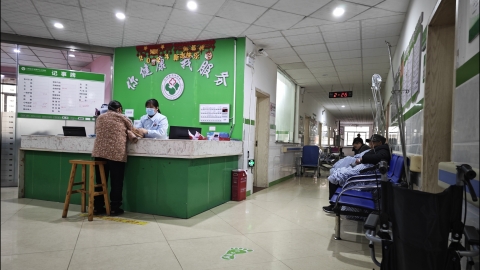Which department should you visit for shingles?
Generally, patients with herpes zoster can visit dermatology, pain management, neurology, infectious diseases, or general practice departments. The details are as follows:

1. Dermatology: Herpes zoster typically presents as clustered skin blisters. Dermatologists have extensive experience in identifying and managing such rashes. They can control lesion progression and relieve symptoms using antiviral and topical medications.
2. Pain Management: Some patients experience severe nerve pain associated with herpes zoster. Pain specialists can employ medications, nerve blocks, and other methods to specifically alleviate pain, especially suitable for cases with prolonged pain or poor response to conventional treatments.
3. Neurology: Herpes zoster is caused by viral invasion of nerves, which may lead to nerve damage and inflammation. Neurologists can assess the extent of nerve involvement and implement treatments such as nerve nutrition therapy to reduce the occurrence of postherpetic neuralgia.
4. Infectious Diseases: Herpes zoster is caused by the varicella-zoster virus infection and falls within the category of infectious diseases. Specialists in infectious diseases can diagnose and treat the condition from the perspective of viral infection, employing antiviral therapies to control the spread of infection.
5. General Practice: For patients with mild symptoms and no significant complications, general practitioners can provide initial diagnosis and basic treatment. If the condition is complex, they can refer patients to appropriate specialists, offering convenience for initial consultations.
After experiencing symptoms related to herpes zoster, patients can choose the appropriate department based on the main symptoms: dermatology for predominant rash symptoms and pain management for severe pain. Once diagnosed, it is important to follow medical advice and begin treatment promptly to avoid prolonged illness. Patients should also maintain skin hygiene during treatment to prevent secondary infections.




